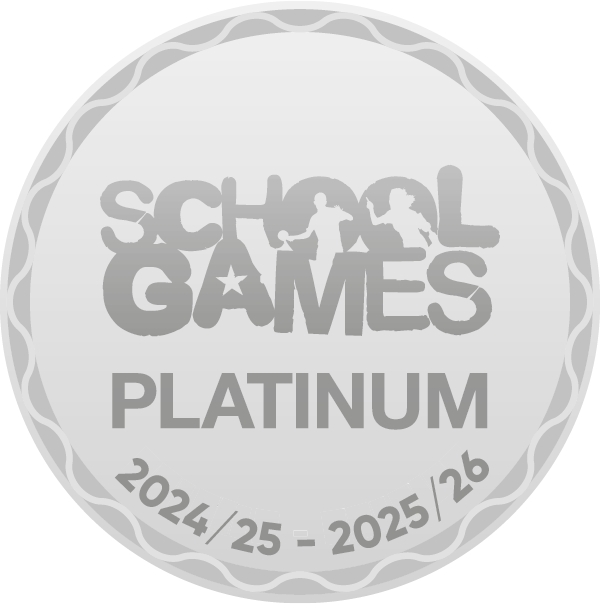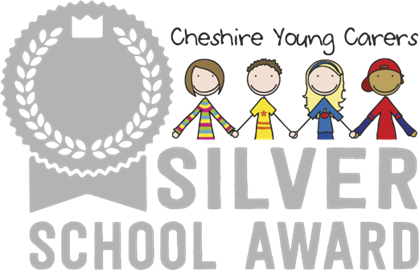Click here to view the Pronunciation Guide
Reading
Learning to read is key to ensuring children can access learning in all subject areas. When children first begin the process of learning to read the emphasis is very much on learning to decode words and develop an understanding of sentence structure and punctuation. As children’s skills develop, easy readers are replaced by high interest books with more challenging content.
We colour-band books according to the level of challenge with both fiction and non-fiction being included in our resources. Children are encouraged to read books by a range of authors and from different genres (types of text such as poetry, stories, diaries). As they mature children develop personal favourites and begin to use different styles in their own writing. Learning to read is not a race, therefore books are not automatically changed daily; children need time to develop decoding skills, assimilate meaning and learn to appreciate different types of books. Children take part in guided reading activities weekly in groups which are organised according to current attainment levels. Teachers and Teaching Assistants lead guided reading sessions ensuring children are given opportunities to develop a range of skills for reading including; reading aloud, using evidence from texts to answer questions, predicting what happens next and forming opinions.
The books that children take home are generally easier than those they read in school during guided reading sessions because we aim to nurture lifelong readers; if children are always given challenging texts to take home the enjoyment of reading can be lost. Additionally, reading for meaning is just as important as the process of decoding words so we like children to talk about the books they read to parents to show their understanding.
Phonics
Through our phonics curriculum children learn to identify the many small letter sounds called phonemes that are used to make words, such as ‘a’, ‘b’, ‘s’, ‘ee’, ‘ai’, ‘st’. Children first learn to hear and repeat these small sounds and when they can do this they can move on to decode them for reading and encode them in writing. This is one reason why sharing nursery rhymes and reading to, and telling, stories to your children is so important before they start school.
From Reception the children are taught using the ReadWriteInc programme. More information can be found by clicking on the link below.



